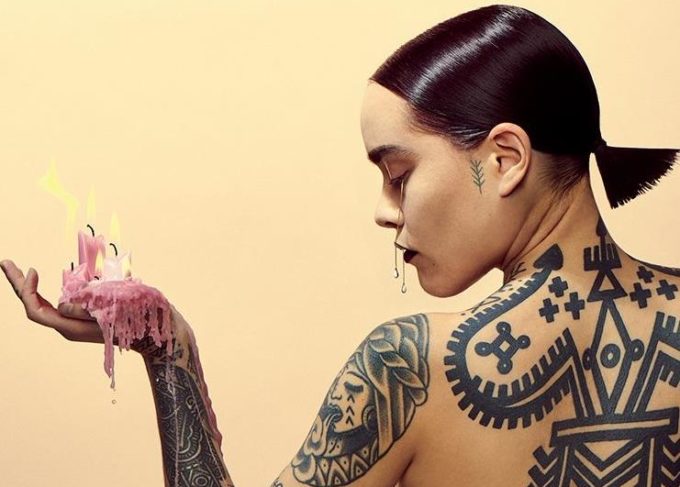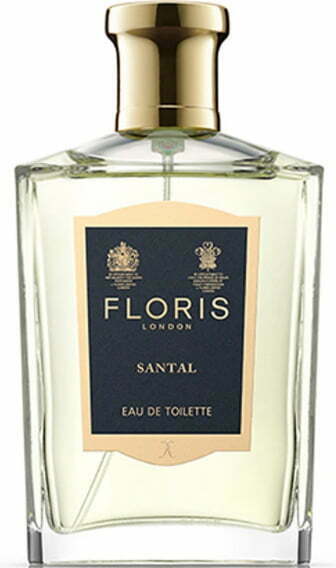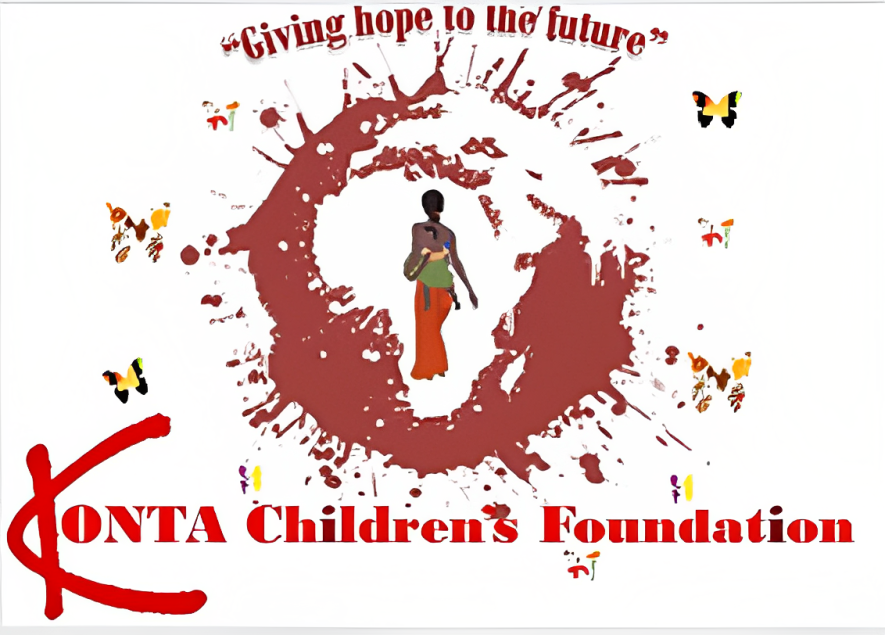FLÈCHE LOVE

Amina Cadelli , born onMarch 30, 1990, also known as Flèche Love , is a Swiss – Algerian singer-songwriter . Amina Cadelli was born in Geneva , the second of three daughters. His mother is an IT economist of Berber origin. His father, also a computer scientist, is adopted and Swiss.
Her little sister, Anissa, is the lead singer of Bandit Voyage 2 . Amina Cadelli asserts a queer identity , refuses to allow herself to be defined by the feminine gender and “prefers to be a non gendered creature”. She speaks French , English , Spanish and Arabic.
During her schooling at the Moser school in Geneva, she discovered the harpsichord and baroque music and took lessons at the conservatory. She began to sing jazz tunes in bars where she learned to improvise.
She began studies in ethnology and sciences of religions at the University of Neuchâtel where she was particularly interested in gender studies and post-colonial thought , but abandoned studies before her diploma to join the Kadebostany group in 2011 3 after having met this group at the bar Le Chat noir, in Geneva.
Between the end of 2011 and the end of 2015, Amina Cadelli was a singer and lyricist of the group Kadebostany, singing and rapping her own texts. She notably wrote the lyrics for the songs Castle in the snow , Mind if I stay and Jolan . During these years, she was confronted with sexist prejudices in the musical world. After her departure from the group, she recounts her struggle on the Barbieturix website . She explains during an interview that Guillaume Bozonnet, the leader, “has a very careerist and macho vision of things” , far from her own values 3 . This one denies in block the accusations of the former singer of the group and in 2017 the group took Amina Cadelli to court claiming 100,000 CHF for image damage.
In 2015, she left the Kadebostany group and set up her own solo project called Flèche Love the following year. She released her first clip inJune 2017, with the song Umusuna 11 for which she collaborates with the French musician Rone . An intersectional feminist , she is committed through her songs to the defense of minorities and people who are victims of discrimination, as in her title Sisters , released inApril 2018, composed on a text by the African-American poet Audre Lorde 1.
The music video for the song is described by chEEk magazine as an ode to sorority. His music mixes many musical influences (jazz, baroque music, oriental music, rap), but also various cultural influences such as Sufi spirituality 12 and Japanese culture. For the writing of her texts, she uses automatic writing.
She seeks to mix spiritualities and cultures in a way that is not purely decorative, but conscientious and educational. It aims to evoke spirituality, the universal 6 through the diversity of experiences and potentiality.
InJuly 2018, she performed in concert at the Montreux Jazz Festival 2 and inApril 2018and 2019 at Printemps de Bourges. In December 2018, she gives a lecture as part of TEDx Place Des Nations Women at the Palais des Nations in Geneva. Her first album under the name Flèche Love, Naga, Pt. 1 , was released in March 20195 under the Wild Music label. She evokes there in particular Camille Claudel , Kurt Gödel , Reyhaneh Jabbari or the Indian goddess Kali.
At the beginning of 2018, she reacted for Le Temps at the podium on Catherine Deneuve ‘s “freedom to bother” , regretting that women had integrated so deeply “untimely intrusion, daily violence”.
In the month of November 2018, she participated with the group Brigitte and 38 other singers in a cover of the song Debout les femmes to raise funds for La Maison des Femmes in Saint-Denis , which welcomes and helps women victims of violence.













